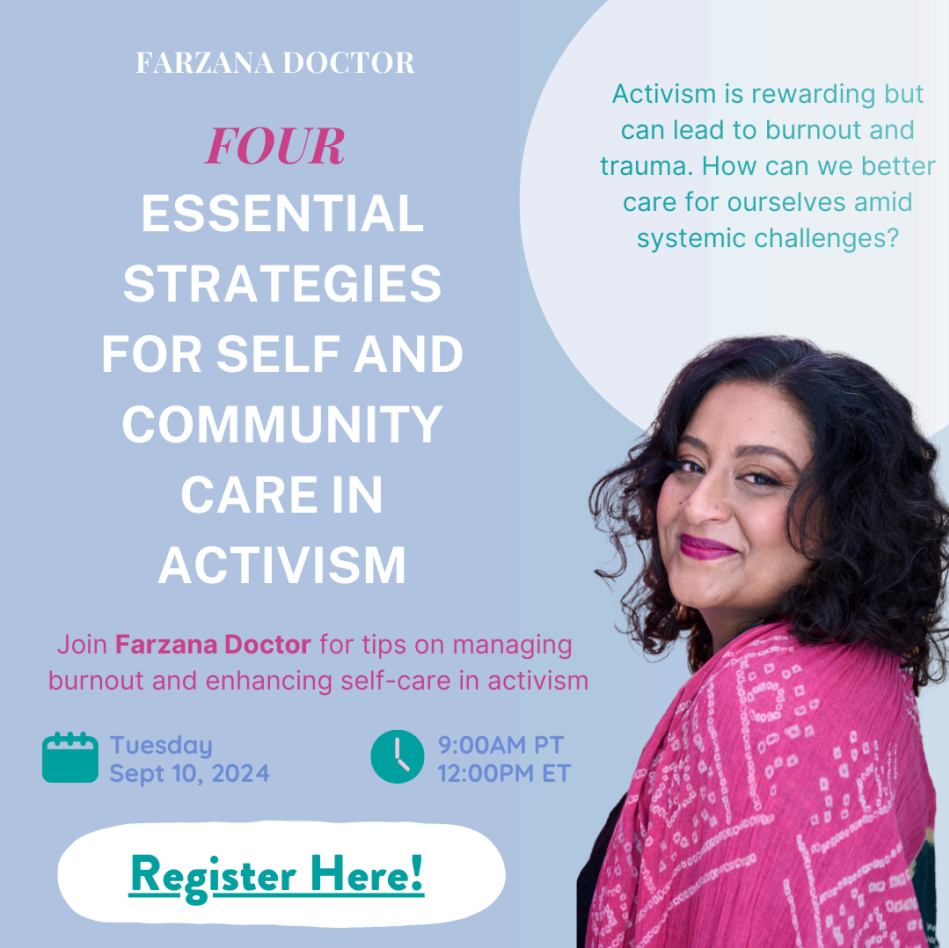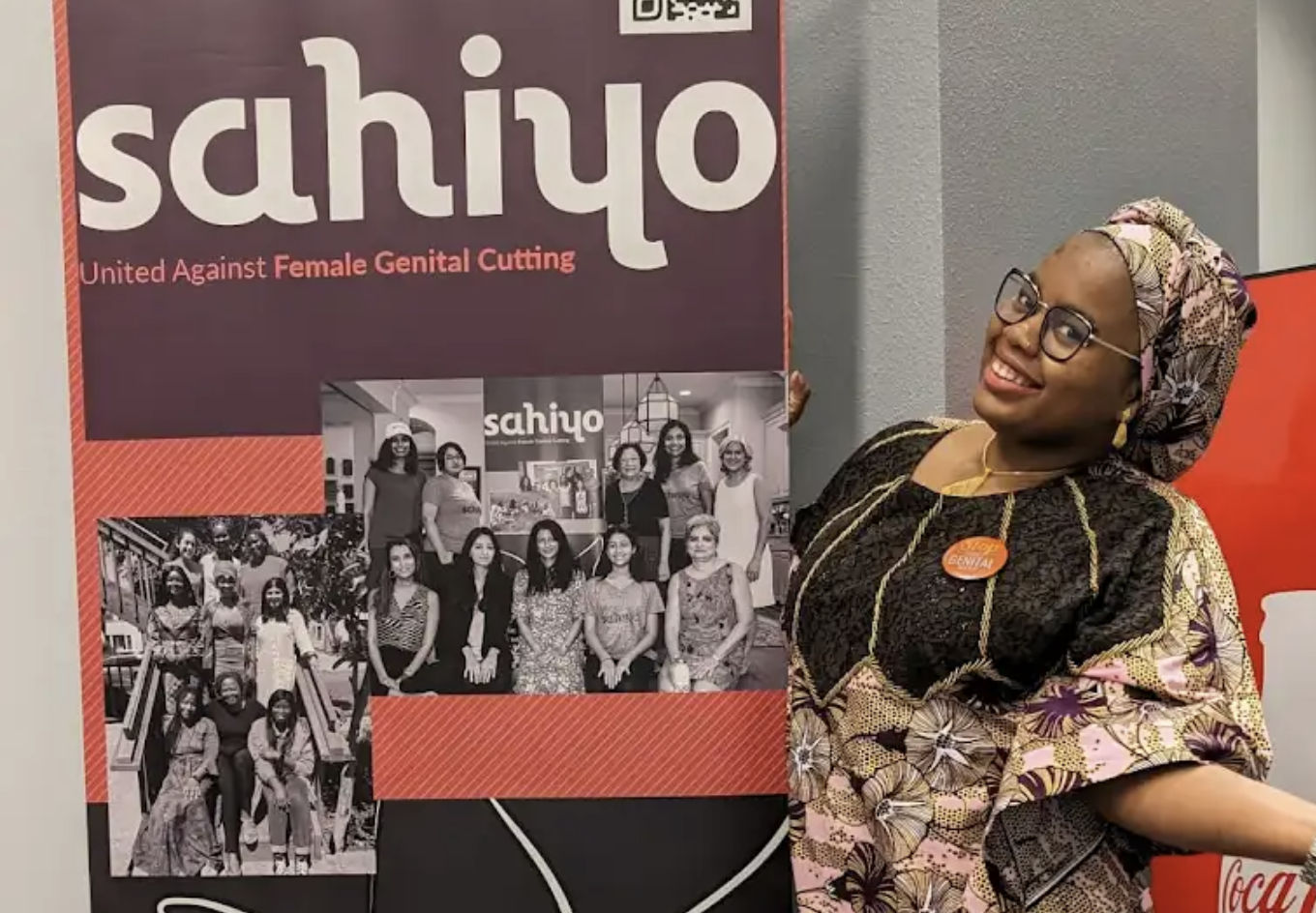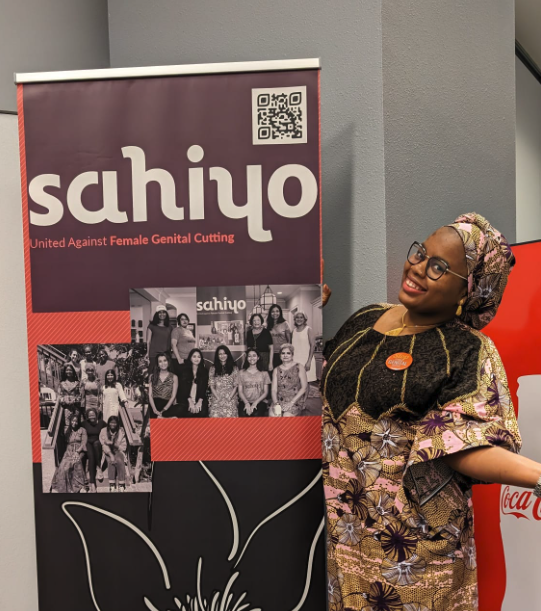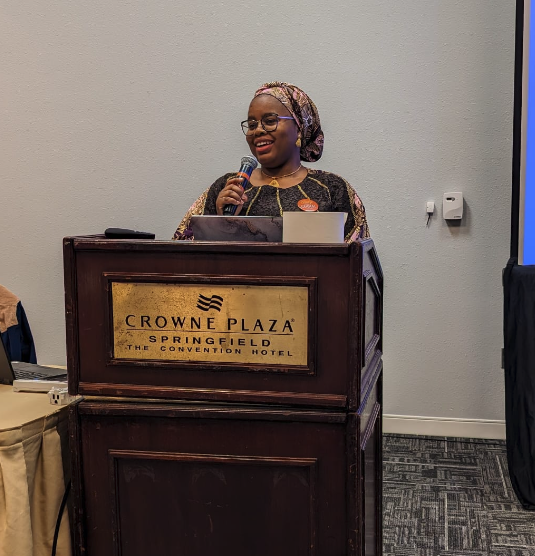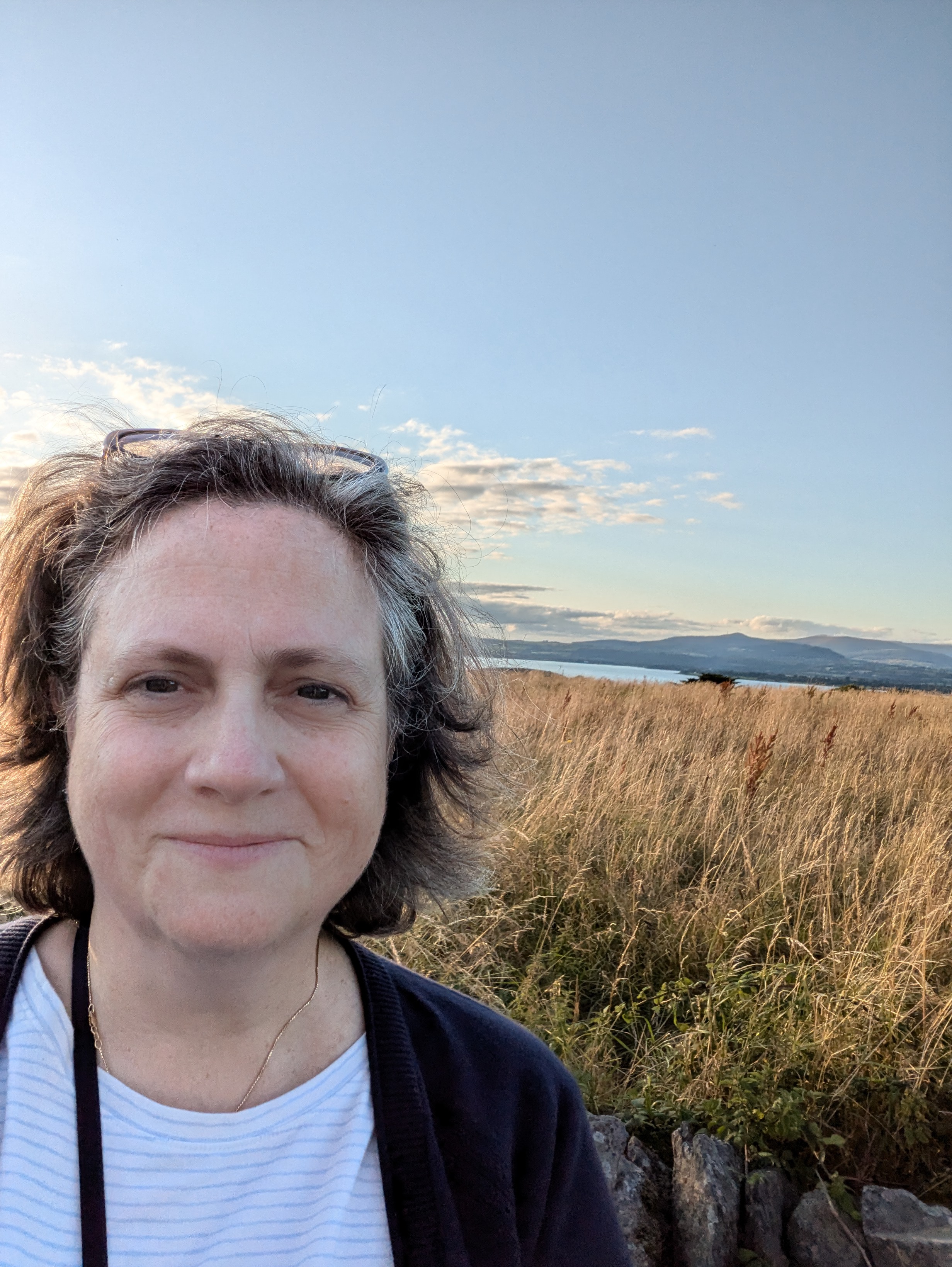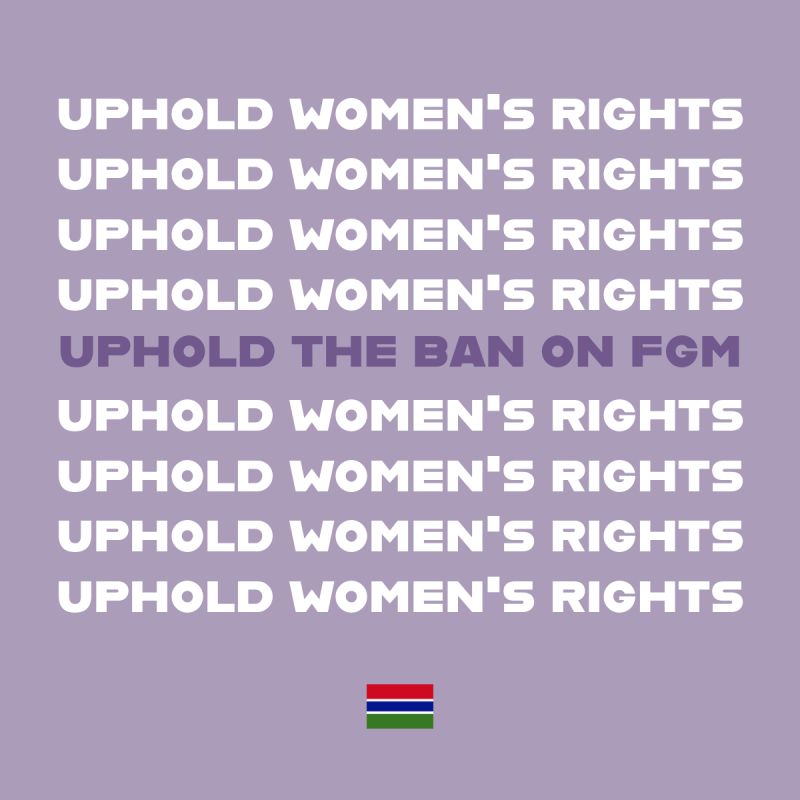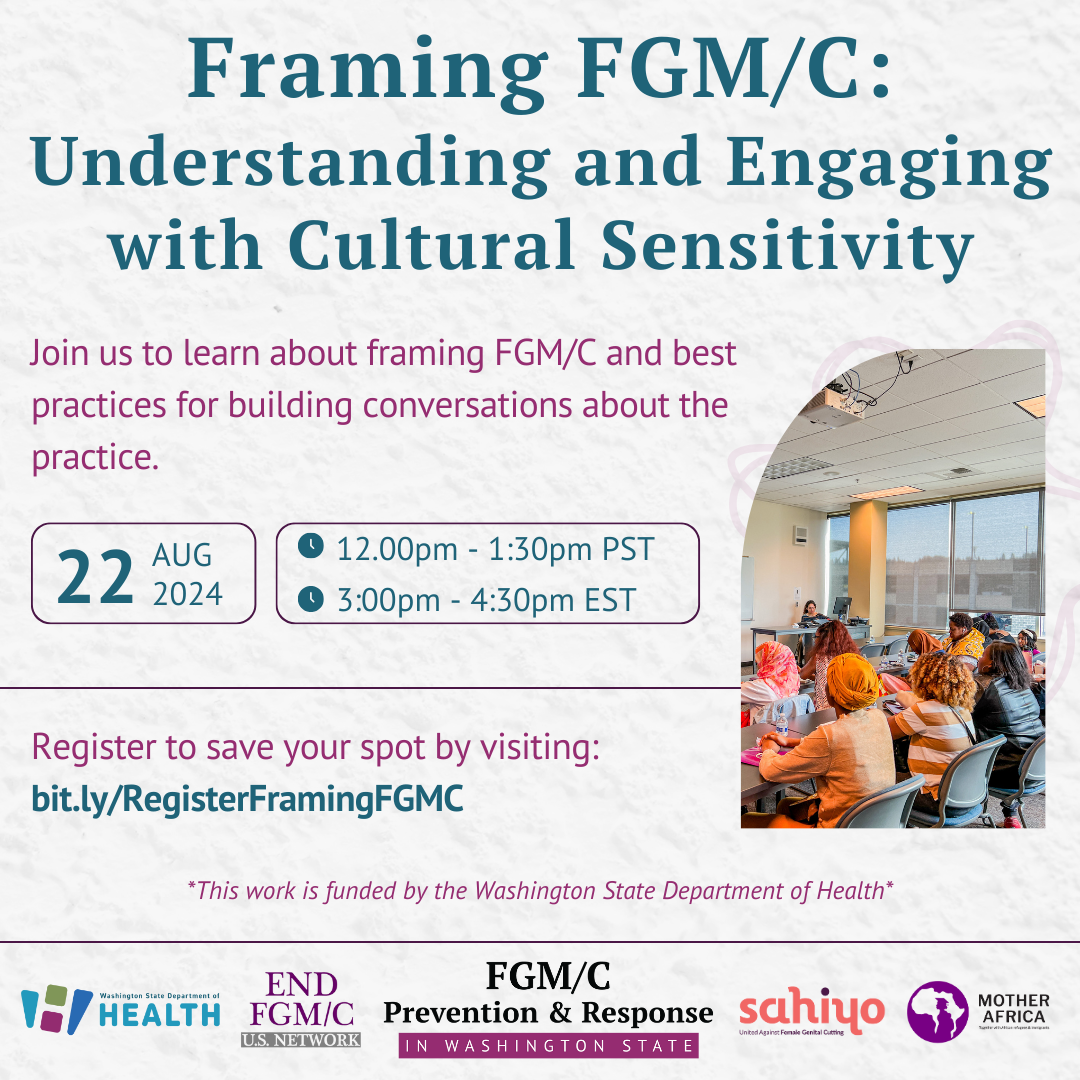By: Bakahn Jamal
Talking about FGC with others is not always easy, especially when speaking to men about the subject. Over the month of June, Sahiyo held an awareness campaign in honor of Fathers day, highlighting the importance of engaging in conversations with men about FGC. In connection with that campaign, Sahiyo reached out to Bakahn Jamal, a Project Supervisor for Wadi, an organization promoting self-help programs in the Middle East. A large part of her work is going to rural communities and creating dialogues with local leaders about the dangers of FGC.
Below, Bakahn shared her experiences and advice for engaging in conversations with men about FGC, and why those conversations are critical to the movement to end FGC.
1. How did you start initiating dialogue with men about FGM/C?
When working with women regarding the topic of FGM and [its consequences] – such as intimacy and sexual issues – women will tell us that we should also speak with their husbands about the implications of FGM because “he does not understand why I might act or feel in certain ways.” Through these conversations, we realized the importance of involving men in a dialogue about these issues. That is how we started working with men — by asking them what their knowledge of FGM was and also asking them how they felt about the practice. From there, we were able to ask them to help advocate to end the practice in their own communities.
2. What has been your experience engaging with men about the practice in their communities?
The subject of FGM with men is always tricky because one will not know what to expect. Traditionally, FGM is considered “woman’s territory,” meaning men will avoid talking or associating themselves with such conversations about the practice. Most men will immediately shut down such conversations, and some will even get embarrassed or aggressive, but one thing for sure is that they have little to no knowledge about the practice itself. This is why including education within our advocacy work with men is so important because it leads to more productive conversations.
3. Has this experience been positive or negative?
I get both positive and negative reactions. Some men get really upset and shame us for talking about such “embarrassing and shameful” topics. However, there are also men who welcome the topic and tell us that they have many issues within their marriage related to FGC. We also had men who we’ve worked with start advocating for ending the practice in their communities once they fully understood the negative effects FGM has on women and girls. One very good example of this is a man who we worked with called Kak Sarhad. He was a mayor in a village by the name of Tutaqal. His leadership and willingness to speak on the practice was one of the reasons the village became FGM-free. He helped [save] many girls from being cut in his community.
4. Has speaking to men about FGM/C changed the way you approach your work to end FGM/C and if so, how?
I’ve realized that men can be a very big help in ending the practice. There are many influential male figures in our society who can make a huge positive change in our communities, from clerics to mayors, to tribal leaders or even the head of family. When men understand that FGM endangers their daughters, wives, and close female relatives and friends, they start to understand how their indifference toward the practice only makes the matter worse. We especially try to engage with fathers on the topic because they are often the decision-makers in a household in our society. So, if they say “my daughters are not to be mutilated,” I doubt that anyone in the family would go against that. If you have the support of a well-respected male figure no one will question your motive, even when you are advocating for ending a very deep-rooted tradition.
5. What message would you like to give men about the importance of ending FGC?
What I want to say to every male figure regarding FGM is that FGM is not only a female issue — this practice also impacts men and the well-being and future of their families. FGM can be very destructive. Without men realizing it, it can impact very small details of their lives and it can also become deadly to their loved ones. So please educate yourself and know ignorance might cost your daughter, your sister, or your wife the future they deserve.
Related:
-
Breaking the Silence: A Conversation with My Father About FGM/C
-
The practice of khatna on girls must stop / છોકરીઓ પર ખત્નાની પ્રથા બંધ થવી જોઈએ
-
Starting the Dialogue: Sharing Your Experiences on Initiating Conversations with Men about Female Genital Cutting
-
Ending FGM – Fight the Mansplaining, Toxic Masculinity, and Patriarchy



